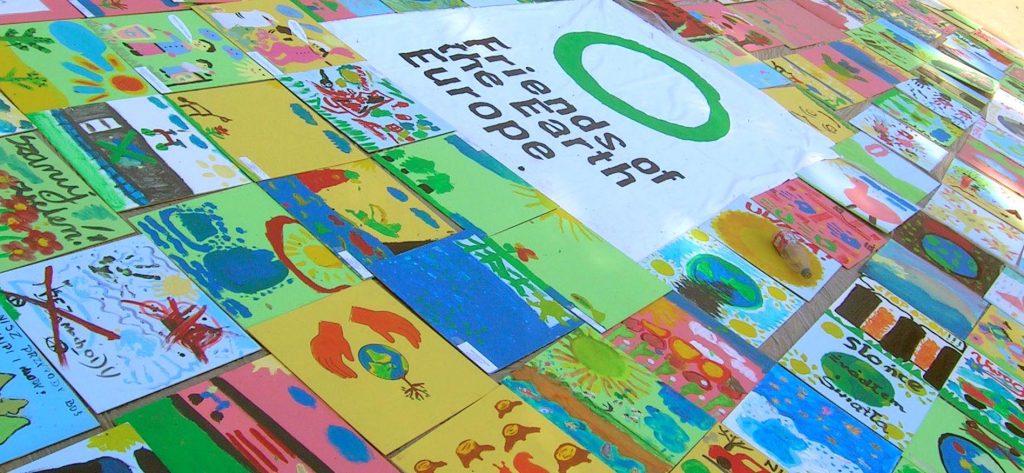Brussels, 22 October – Friends of the Earth Europe hit out today at EU Trade Commissioner Peter Mandelson, for blazing ahead with a free trade area in the Mediterranean, even though the European Commission’s own research predicts that this will make people in Med countries poorer. Mandelson met with Trade Ministers from Euro Mediterranean countries yesterday in Lisbon to move the free trade deal forward.
Eugene Clancy, Friends of the Earth MedNet Coordinator, said:
“Mandelson is ignoring warnings in the European Commission’s own study that trade liberalisation will tip many families below the poverty line. Yesterday’s Ministerial meeting was a missed opportunity to address the grim realities facing south Mediterranean states if the EU continues to blaze ahead with a EuroMed free trade area.”
The research was conducted by the University of Manchester and funded by the European Commission.[1] The study predicts:
- a significant rise in unemployment, particularly following liberalisation of trade in industrial products and agriculture;
- a fall in wage rates associated with increased unemployment;
- a significant loss in government revenues, with consequent social impact through reduced expenditure on health, education and social support programs;
- greater vulnerability of poor households to fluctuations in world market prices for basic foods;
- adverse effects on the status, living standards and health of rural women.
Instead of addressing the social impacts of trade liberalisation, EuroMed Trade Ministers pushed forward with the creation of a EuroMed free trade area yesterday, agreeing to start bilateral negotiations with Egypt, Morocco and Israel about trading in services.
Friends of the Earth MedNet and the Mediterranean Information Office for Environment Culture and Sustainable Development – another NGO – have called for a halt to the current EuroMed trade liberalisation negotiations. The NGOs point to a key recommendation in the Commission-funded impact study – that the Euro-Mediterranean Partnership needs to be re-directed towards clearly defined economic, social and environmental goals for each of the partner countries and must contribute to the achievement of the Millennium Development Goals. Their demand was made to the EU presidency, EuroMed trade ministers and EU Commissioners in a letter sent on September 28th. [2]
***
Notes:
[1] A consortium led by Manchester University was commissioned to carry out an independent Sustainability impact assessment of the EuroMed Free trade Area (SIA-EMFTA) to examine the potential impacts of proposed trade liberalisation measures on sustainable development in the region. The SIA final report (http://www.sia-trade.org/emfta) identifies important negative social and environmental impacts unless effective mitigating action is taken. The report proposes a number of necessary mitigation measures to avoid the adverse impacts predicted, particularly in non-EU Mediterranean countries.
[2] See the NGO letter here:
http://www.foeeurope.org/publications/2007/Letter_TradeMinisters_Sept07.pdf







